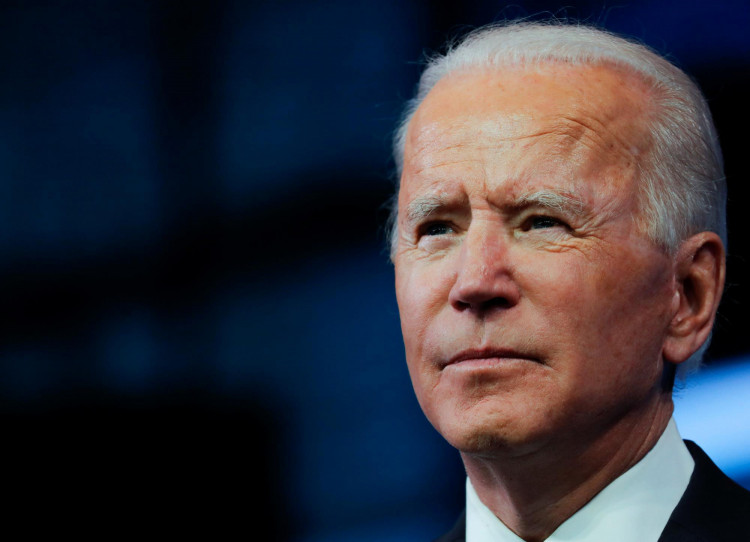U.S. President Joe Biden has officially clinched the Democratic presidential nomination, clearing his path to a rematch with former President Donald Trump in the November general election. Biden's victory in the Georgia primary on Tuesday pushed him over the delegate threshold to become the presumptive Democratic nominee, a title he will formally receive at the Democratic National Convention in Chicago this August.
The Biden-Trump rematch is expected to be the most expensive and contentious in modern political history, as two incumbent presidents face off for a second time. Despite consistently trailing Trump in national and battleground polling in recent months, Biden holds a significant fundraising advantage over his rival.
In a statement released by his campaign, Biden expressed his gratitude to the diverse coalition of Democratic voters who have put their faith in him once again. "I am honored that the broad coalition of voters representing the rich diversity of the Democratic Party across the country have put their faith in me once again to lead our party-and our country-in a moment when the threat Trump poses is greater than ever," he said. "Voters now have a choice to make about the future of this country."
Following Biden's State of the Union address last week, his campaign has kicked into high gear, launching a six-week, $30 million ad buy and increasing the president's travel to swing states. This week, Biden is stumping in Wisconsin and Michigan, with plans to add a stop in North Carolina alongside Vice President Kamala Harris later this month. The campaign has also announced the hiring of 350 staffers and the opening of 100 field offices, a rapid expansion of its operational footprint that has long been a concern for some Democrats.
The Biden campaign argues that once the general election becomes a clear choice between Biden and Trump, the president will regain an advantage in the race. However, Trump, who currently leads in public polling, faces several legal challenges that could shake up the race, including a trial in New York centered on hush money payments to porn star Stormy Daniels, set to begin on March 25.
In his speech before Congress, Biden emphasized the contrast between himself and Trump, referring to his "predecessor" 13 times without mentioning him by name. The president leaned heavily on their differences in key areas such as abortion access, immigration policy, and democracy, citing the January 6 insurrection as a pivotal moment.
A new TV ad released by the Biden campaign over the weekend further highlights this contrast-heavy strategy. In the ad, Biden speaks directly to the camera, touting his accomplishments in leading the country through the COVID-19 crisis and building the strongest economy in the world, while attacking Trump for taking "away the freedom of women to choose."
The ad also addresses one of Biden's biggest vulnerabilities head-on: his age. "Look, I'm not a young guy. That's no secret," Biden says in the ad. "But here's the deal. I understand how to get things done for the American people." At 81 and 77 years old, respectively, Biden and Trump are the oldest presidential nominees in history, but public polling suggests that Biden's advanced age presents more of a challenge with voters than it does for Trump.
In a message of unity and optimism shared after clinching the nomination, Biden stated, "Four years ago, I ran for president because I believed we were in a battle for the soul of this nation. Because of the American people, we won that battle, and now I am honored that the broad coalition of voters representing the rich diversity of the Democratic Party across the country have put their faith in me once again to lead our party-and our country-in a moment when the threat Trump poses is greater than ever."
As the general election campaign heats up, Biden and his team are focusing their efforts on key battleground states, hoping to sway undecided voters and mobilize their base. With the stakes higher than ever, the 2024 presidential election is shaping up to be a defining moment in American history, as voters choose between two starkly different visions for the country's future.






